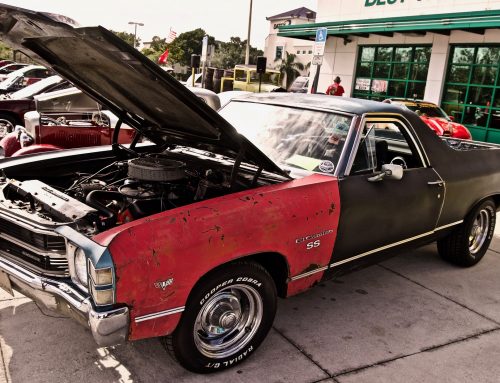In late April, the LASD arrested 21-year-old transient Dylan Heintze and charged him with 5 separate counts of burglary. In May of 2011, Heintze was convicted of burglarizing a home, as well as the San Marcos High School. He had just finished his sentence and subsequent probation for these crimes on April 4th, 2013.
A few short hours after his release, at about 4 a.m., an alarm was sounded at the Valero Gas Station on Calle Real in Goleta, California. An hour later, the alarm at Magnolia Liquors, on Hollister Ave. in unincorporated Santa Barbara County was activated. Law enforcement officials who investigated the break-ins noticed that surveillance footage indicated that the same individual broke into both places. Unfortunately, the footage was not clear enough to make a positive I.D. on the suspect.
Five days later, another alarm went off at a business located on Hollister Ave. The alarm was at Sneaker Time, and like the other incidents, the front window was smashed and cash was taken from the store. On April 18th, Heintze was arrested for “prowling behind Sneaker Time,” but there was not enough evidence at the time of his arrest to charge him with any of the burglaries.
Another five days passed, when three businesses in Goleta were burglarized. A Kentucky Fried Chicken and the India Club, both located on Calle Real and the Fairview Car Wash located on Fairview Ave. were all burglarized in the same evening. After searching Dylan Heintze’s known hangouts, law enforcement officers located him wearing the same clothes as the suspect in the surveillance footage from the string of burglaries the night before and made the arrest.
Dylan Heintze was charged with five counts of felony burglary and is currently a prime suspect in several other burglary investigations in the area.
There are typically two types of burglary charges in California. If a person burglarizes a residence, or “inhabited dwelling place” (place where a person lives or sleeps) then the charge is called first degree burglary and it is always a felony charge.
When an individual robs a business, a store, or someplace where people do not live, it is referred to as second degree burglary, or “commercial burglary.” In the State of California, “commercial burglary” is what is known as a “wobbler,” meaning that it can be charged as either a misdemeanor or a felony, depending on the circumstances of the crime and the suspect’s past criminal history. In Heintze’s case, his all-too recent burglary convictions, as well as the fact that he began committing burglaries, quite literally, the minute he was released from custody serving his prior sentence certainly played a part in the DA’s decision to make all 5 burglary charges felonies.
As it stands, Heintze faces sentences of up to 3 years in prison per charge, if convicted. Luckily for him, “commercial burglary,” even if charged as a felony, does not count as a “strike” under California’s “Three Strikes Law.” Otherwise, Heintze might have been facing a much harsher reality.






